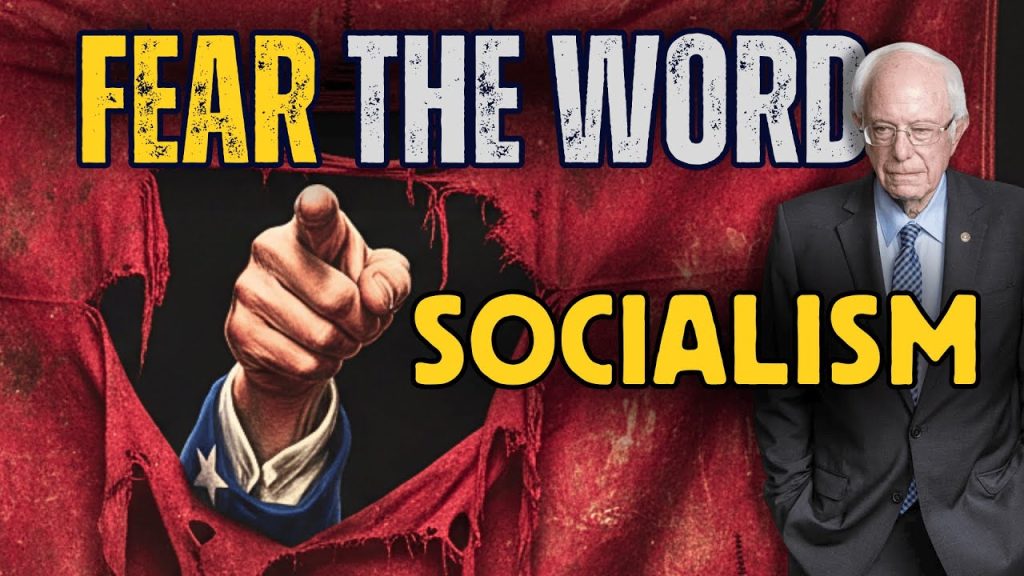The term “socialism” evokes a spectrum of reactions in the United States, ranging from hopeful endorsement to deep-seated apprehension. The political landscape today continues to grapple with this complex term, often clouded by fear mongering and misunderstanding. The question of how socialism became a “dirty word” in America invites a deeper exploration of the nation’s political and cultural history.
Historically, socialism in the United States has been associated with progressive social policies and labor rights movements, aiming at addressing economic inequality and expanding welfare. However, from the early 20th century onward, several key events played a role in shaping public opinion against socialism. The Red Scare periods of the 1920s and 1950s, in particular, marked a time when socialist and communist sympathies were aggressively persecuted and conflated, leaving a lasting stigma. This Cold War context painted socialism as antagonistic to American ideals of freedom and capitalism, embedding fear into the cultural and political discourse.
Additionally, political rhetoric and media portrayal have contributed to the shift, often equating socialism with extreme government control or loss of individual liberties—ideas that resonate differently depending on one’s political perspective. The subsequent marginalization of socialist ideas has influenced electoral politics, legislative agendas, and social movements.
Yet, recent years have witnessed a resurgence of interest in socialist principles, particularly among younger generations and progressive activists seeking alternatives to growing economic inequality and social injustice. This shift has sparked renewed debates about the definition of socialism in a modern American context and what it might mean for future policy and political alignments.
Understanding this evolution requires a balanced look at both historical facts and the socio-political forces that have shaped American attitudes toward socialism. It also offers insight into how these perceptions might continue to shift, potentially transforming the political landscape as notions of socialism become less taboo and more openly discussed.
Where to Learn More
- History.com – Comprehensive background on the Red Scare and anti-socialist movements in the US
- Brookings Institution – Analysis of the modern rise of democratic socialism
- PBS American Experience – Detailed exploration of political movements during the 20th century
- The New York Times – Current and historical perspectives on socialism in America
- C-SPAN – Archive of discussions and debates about socialism and American politics




